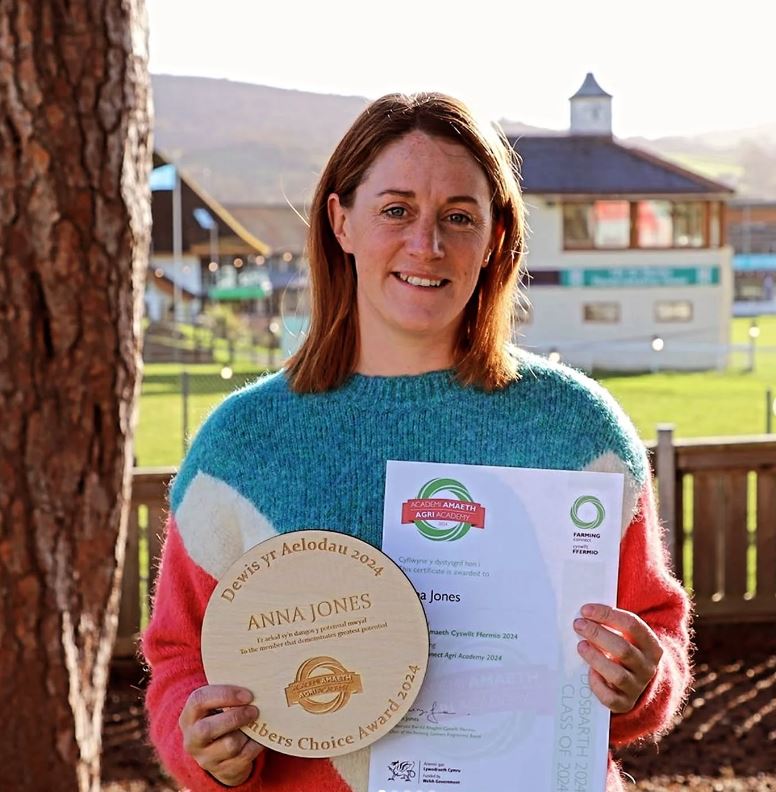While the impact of agriculture on climate change is currently a very hot topic, it’s important to remember that there are huge variations in the environmental impact of different farming systems across the world, with
Wales being especially suited for rearing cattle and sheep.
And although agriculture is responsible for 12% of emissions in the UK, this is less than the transport and business sectors. But this is not a mud-slinging contest. We all have a role to play.
Why is Welsh farming different?
The Welsh way of farming is largely non-intensive: unlike other parts of the world, where water resources are depleted or significant land is used to grow feed, Welsh sheep and cattle are overwhelmingly reared on our natural resources – grass and rainwater.
Wales’ topography and landscape favours a grassland system of production. The vast majority (80%) of Welsh farmland is unsuitable for growing crops, therefore, raising cattle and sheep is the most efficient way to turn marginal land into high-quality food.
https://youtu.be/sWif-NsPC1w
What about the carbon emissions?
Grassland in the Welsh hills captures carbon from the atmosphere, with Welsh livestock farmers managing the grassland by combining traditional practices with new innovation. Their aim is to keep the carbon under the ground in natural carbon sinks.
https://youtu.be/SW1Jy5Anh-8
Not letting the grass grow under their feet…
Our Welsh livestock farmers know that the effects of climate change are very real. And while it is reported that agriculture contributes to only 12% of UK emissions, and our Welsh hills are abundant with natural resources, our farmers are far from complacent.
This is why our farmers are making changes on their farms and demonstrating their commitment to tackling climate change. Watch how they are helping the environment and the roles they play in the sustainability story.
https://youtu.be/VvEMAUwr2JA



